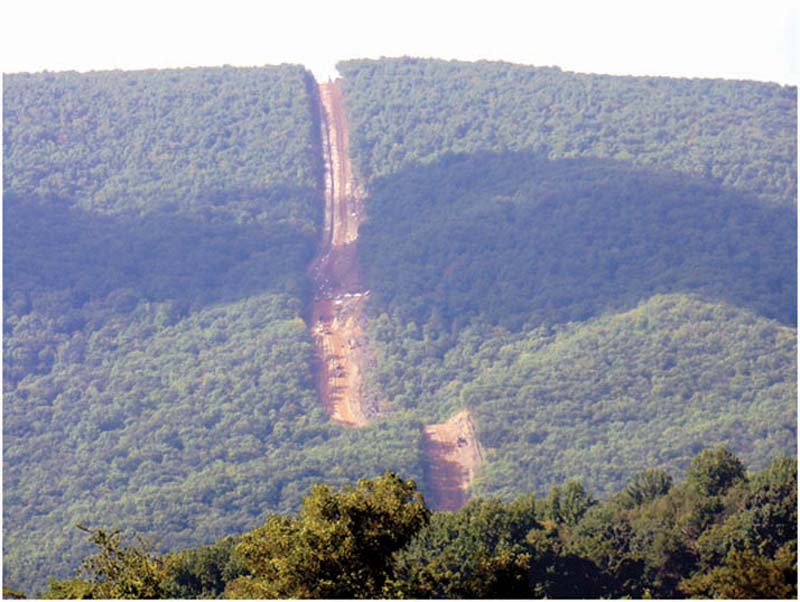Natural gas is quickly becoming the power-generation source of choice. That’s great news for West Virginia royalty and mineral owners.
U.S. oil producers are increasing production at a faster rate than they did during the last oil boom. This OilPrice.com article gives four reasons why. Nobody’s sure where oil production is going to go in the near term. However, as production picks up, service companies are raising prices, which might slow the growth in production at some point. The interesting thing is, OPEC’s production cut does not seem to have had quite the desired effect. Prices have remained above $50/bbl, but haven’t reached $60/bbl.
This Bloomberg article says that natural gas prices aren’t going to go up much this year. Most everyone was expecting natural gas prices to hang out around $3.50/MMBtu or so. The recent warmer-than-average winter weather in the east during January and February really cut down on heating demand, and we now have about as much natural gas in storage as we normally do. We were previously on track to have less than normal. That should curtail some of the drilling and leasing activity we were expecting this year. We shouldn’t experience a true bust, though, and that’s good.
One reason oil prices are going to stay below $60/bbl is that shale drilling is so fast to bring product to market. The big boys have realized that that’s important, and are spending more and more of their development money on shale drilling.
Exporting natural gas is a new thing for the United States. As we sell more natural gas overseas, the price of natural gas is going to go up. Bad for consumers, but good for West Virginia mineral and royalty owners. The Marcus Hook natural gas liquefaction terminal shipped almost six times as much natural gas last year as the year before, 34 cargoes vs. 6. This year will probably be more.
Southwestern has finally drilled a well in West Virginia. They’re happy with the results, but haven’t published any hard numbers. They’ve had a presence here for years, but haven’t done much on the ground. They will have two rigs running in West Virginia through the rest of 2017.
OPEC says it wants to see $60/bbl oil by the end of 2017. Breaking News: so do American fracking companies. In fact, many of them are perfectly happy producing above $50/bbl, and the link three paragraphs up includes a statement that the Permian Basin is now profitable at $40/bbl. OPEC is giving Christmas gifts to U.S. producers early this year.
The International Energy Agency thinks that we’re looking at a shortage of oil supply by 2020, a mere three years away. The IEA says that demand is continuing to grow, but that too many development projects were stopped during the 2014-2016 downturn. The IEA expects demand to be at 104 million barrels per day by 2020. We are at just over 97 million barrels per day right now.
ExxonMobil will be laying down some serious cash on oil projects in the Gulf Coast over the next 5 years.
The U.S. EIA (Energy Information Administration) makes a prediction each month about the coming month’s oil and natural gas production numbers. March is expected to break records for natural gas production. That’s going to drive natural gas prices down. Maybe we will see another bust after all. Sigh.
This article from ZeroHedge.com analyzes the current oil production landscape and concludes that regardless of what happens oil is stuck in the $30-$60/bbl range.
March 18, 2017: After showing signs of a complete collapse, natural gas prices have rebounded and remain just under $3.00/MMBtu. Cold March weather has increased energy burn, but not enough for traders to decide that natural gas is worth more than $3.00. We’ll be coming in to injection season with less gas in storage than last year, and with more gas in storage than the five year average.
 The West Virginia Senate postponed voting on SB 576, the Cotenancy Mineral Development Act. It was previously SB 244, but underwent some significant changes and was given a new number.
The West Virginia Senate postponed voting on SB 576, the Cotenancy Mineral Development Act. It was previously SB 244, but underwent some significant changes and was given a new number.
